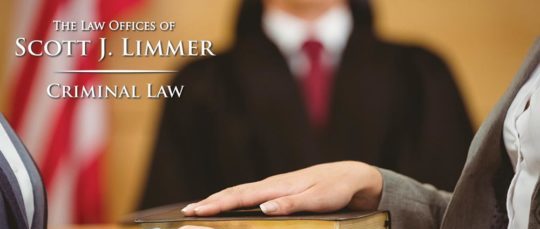If you were a prosecutor getting ready to go to trial, just about the best evidence you could hope to have, other than a full confession from the main suspect, would be an eyewitness account, from a victim of the crime or someone who saw it transpire, identifying the defendant as the actual culprit. What […]
